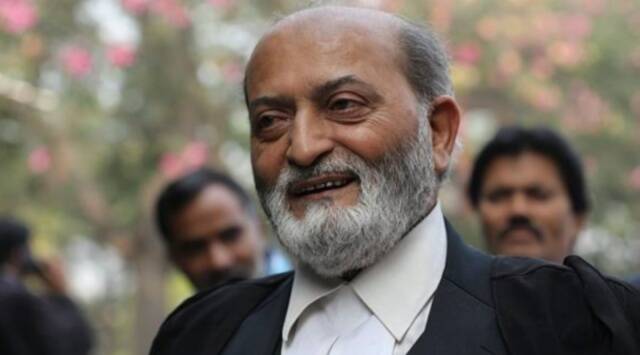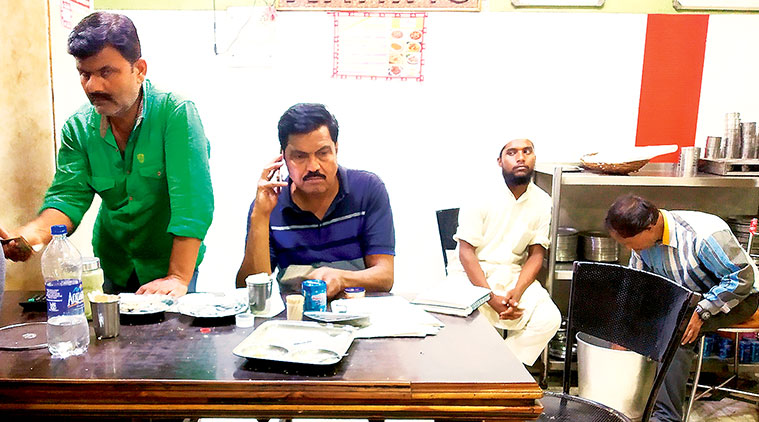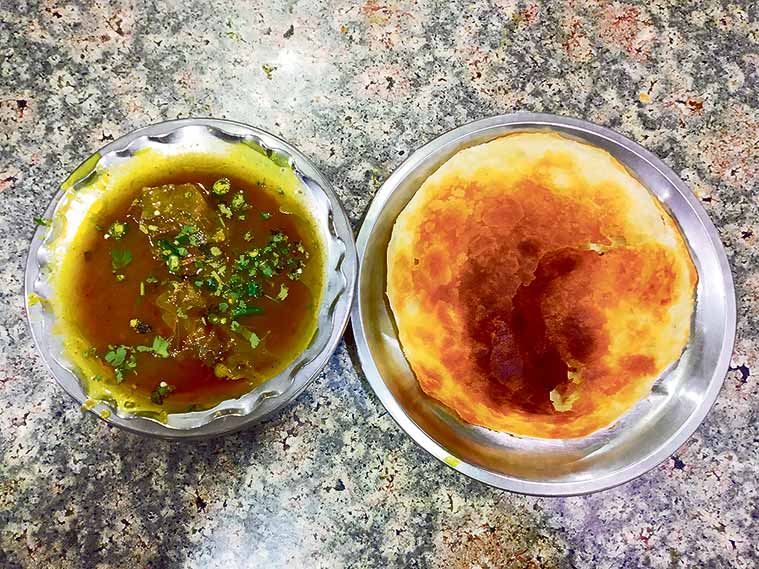Lucknow, UTTAR PRADESH:
Jilani died during treatment at Lucknow’s Nishat Hospital in Qaiserbagh and is survived by daughter Maria Rehan, sons Najafzafar Jilani and Anaszafar Jilani, and wife Azra Jilani. The family resides in Qaiserbagh. Jilani was buried at the Qaiserbagh graveyard late Wednesday evening.

All India Muslim Personal Law Board (AIMPLB) secretary and senior advocate died at a Lucknow hospital on Wednesday after a prolonged illness followed by a fall in May 2021 during which he suffered brain haemorrhage. He was 73.
Jilani, a former Additional Advocate General for Uttar Pradesh, was the convenor of the Babri Masjid Action Committee and had argued in the Ram Janmabhoomi case in different courts over decades.
Jilani died during treatment at Lucknow’s Nishat Hospital in Qaiserbagh and is survived by daughter Maria Rehan, sons Najafzafar Jilani and Anaszafar Jilani, and wife Azra Jilani. The family resides in Qaiserbagh. Jilani was buried at the Qaiserbagh graveyard late Wednesday evening.
“He had multiple health issues for which he was being treated. He had a urinary tract infection which had spread to his lungs. His kidney and brain were also affected. All these issues started after he fell in May 2021 and suffered brain haemorrhage,” said a family member.
Jilani, a native of Malihabad town, was among the decorated alumnus of Aligarh Muslim University, from where he got his law degree.
He will be remembered for his soft-spoken nature and his in-depth knowledge of law, said his colleagues and peers.
Senior advocate SFA Naqvi said, “He was among the most soft-spoken and kind-hearted people I knew. There was a grace about him which is hard to put in words. But his arguments were never soft in court, and he had the law on his fingertips. We have lost a pioneer in law, and he will be missed.”
“During his time as the Additional Advocate General, even when I was arguing against him, he forgot all about it once we were outside the court. Then, we would go back to being friends. He always kept what happened in court to the courtroom only,” added Naqvi.
After the Supreme Court verdict in the Ram Janmabhoomi case in November 2019, Jilani had remarked, “The judgement has just been pronounced, it says a lot of things about the Constitution and about secularism. We are very dissatisfied with this judgement. Article 142 does not let you do this.”
After a special CBI court on September 30, 2020 acquitted all 32 surviving accused in the Babri Masjid demolition case, citing lack of evidence, Jilani had told The Indian Express , “The verdict is wrong. It is against the law and evidence (in the case). It is an erroneous judgement. However, a judgement is a judgement. We will avail the remedy available. The remedy is with the High Court. It has the power to reverse the judgement and we will go to the High Court.”
Advocate Rakesh Chaudhary, former president of the Oudh Bar Association, Allahabad High Court, said that Jilani had a great equation with everyone in the court. “He was a very helpful person, who never took anything personally. He had great sportsmanlike spirit,” said the lawyer.
Sarah Haque, a Delhi-based lawyer who worked alongside Jilani on the Babri Masjid case before the Supreme Court, said he was one of the kindest and most respected members of the Bar. “His demise is a huge loss to the legal fraternity. He was extremely passionate in his craft and made commendable efforts towards the pursuit of justice,” she said. “His attention and commitment to the Babri matter was laudable and he will be remembered forever.”
source: http://www.indianexpress.com / The Indian Express / Home> News> India / by Asad Rehman, Lucknow / May 18th, 2023










